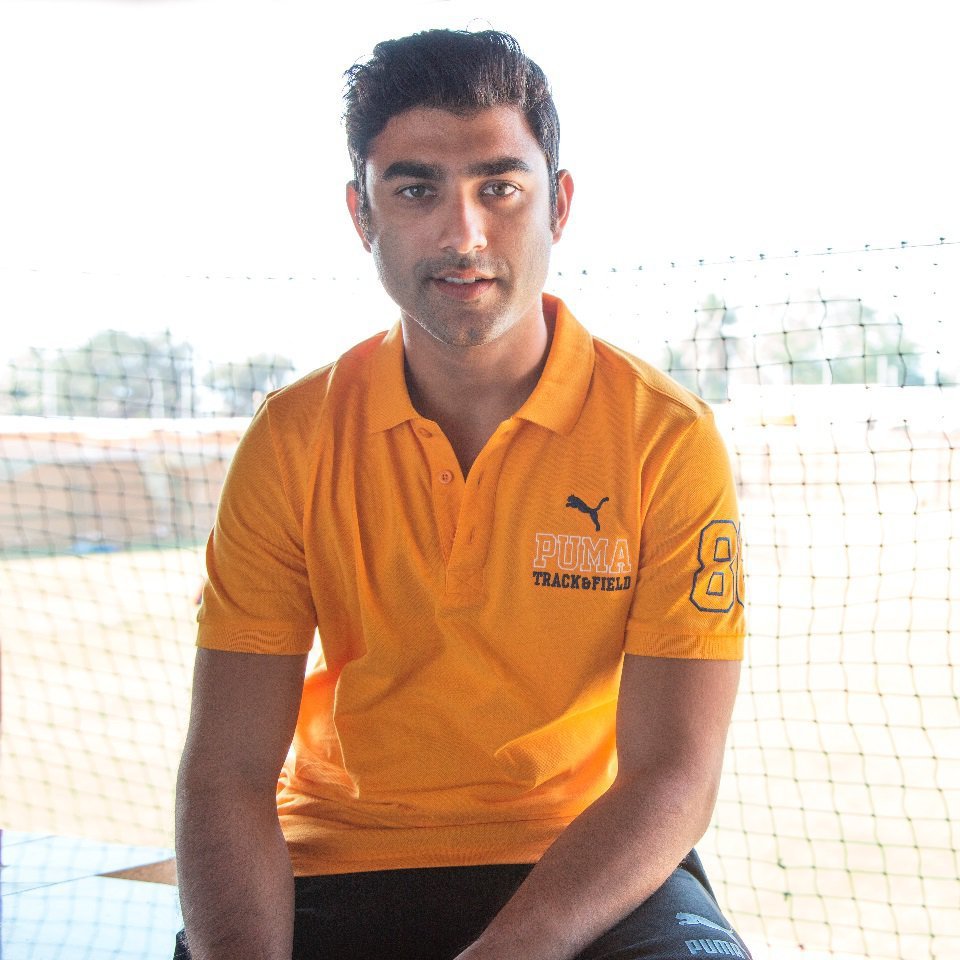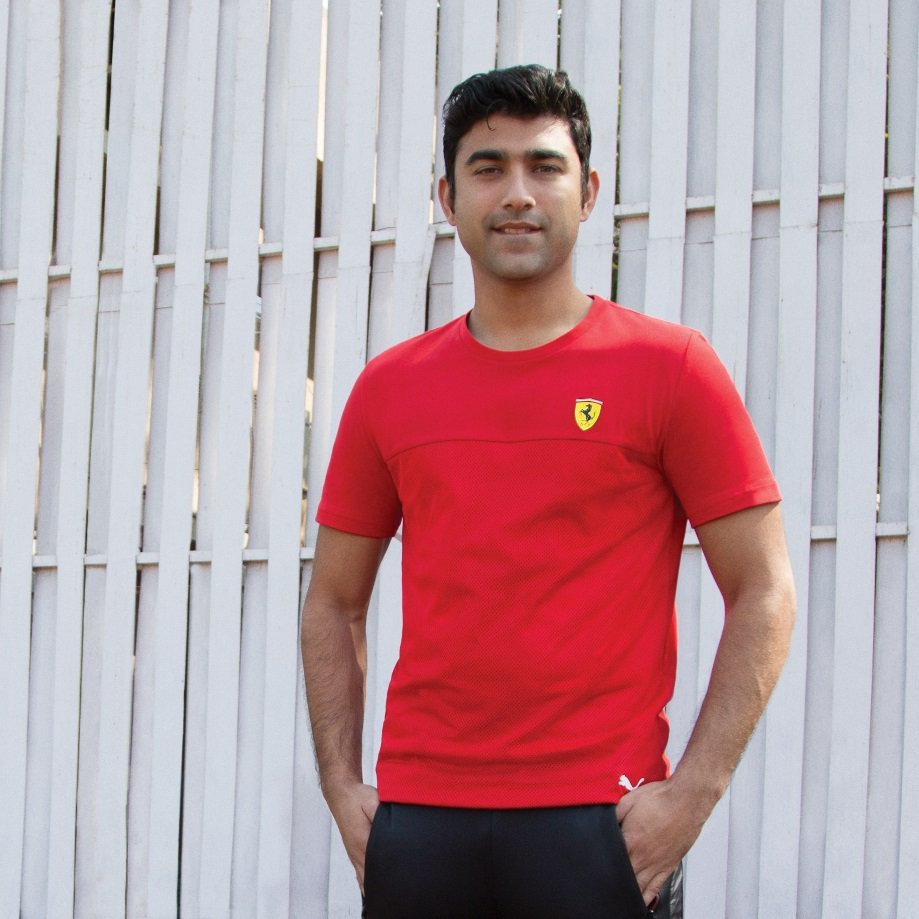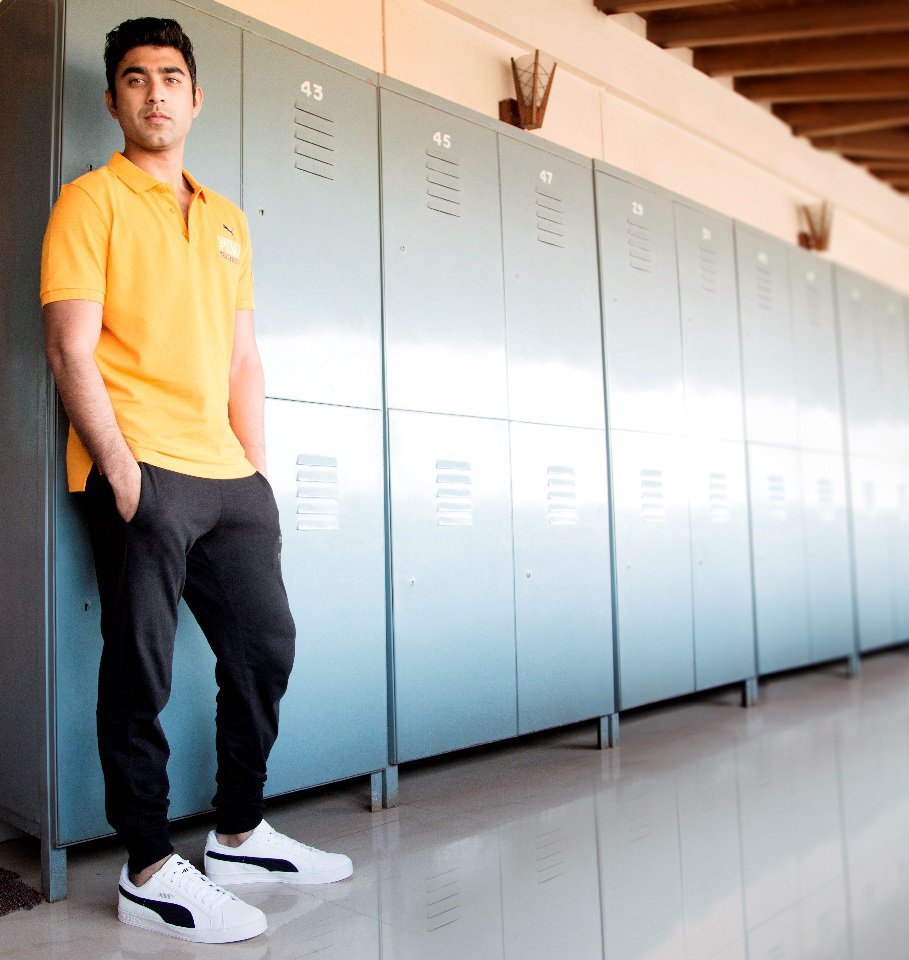Armaan Ebrahim shot to fame when he became the world’s youngest driver to race in an A1 GP car. He’s India’s reigning Motorsport Man of the Year and has qualified for the world series of the Lamborghini Super Trofeo after finishing second in the Asia series.
Driving since 14 has given him an edge over other Indian racers, and Armaan has peaked at the right time – he’s just 26 and there’s enough time to chase the ultimate dream, including Formula One. He’s had three years of experience in the Formula Two already, so there’s no denying his potential.

But there is something else brewing in the world of racing – on March 23, all the F1 drivers united, asking for a change in the decision making process of the sport, calling it ‘obsolete and ill-structured’. Top names like Sebastian Vettel and Jenson Button have been vocal about the sport’s popularity getting damaged by some disruptive decisions.
These include the points system, qualifying, engine rules and pay TV. The last one has really hurt F1 when it comes to fans watching the sport live.
At the end of the day, what is affected by these is the sheer romance of the the sport, and Armaan agrees.
“Year on year they keep changing the rules and everyone wants to get back to the old time. I wasn’t a fan of the format. It’s been building over the last few years. I guess they’ll find the right solution to this. It’s some charm has gone. Some people want it to remain like that but things change but innovation keeps happening.

The stakeholders of the sport have heard the drivers and gone back to old qualifying, but the biggest challenge remains the power of money in the sport. Skewed distribution of income has led to uneven competition between teams.
Armaan, who is sponsored by Puma, believes that a transformation is around the corner, but is candid about the money factor… and what it can lead to.
“Transformations will happen. Unfortunately it’s all about money — but a key factor is that teams not able to sustain themselves.”
Moving over to India’s chances of making it big in the sport, Armaan blames the lack of success on the lack of exposure – a critical part of a driver’s rise is a streamlined path to F1. Only that will lead to a sustained presence of India in F1.
“Nothing international happens for exposure for drivers, unless they go to Europe or Asia. The challenge is to get backers for this. We are good enough, but budget and exposure is all that we need. The domestic scene is very strong. We need international events to come to India which will help promote the sport.”

Armaan hits the nail on the head when he speaks about what exactly is needed to succeed – and while it’s practical, it also tells you how hard it is to make it big in motorsport.

















